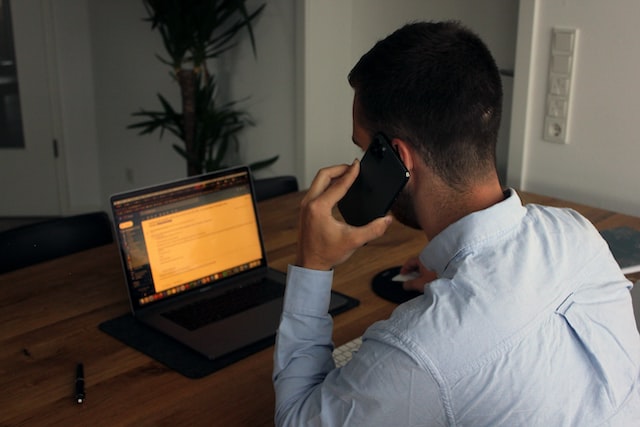
By Patricia B. Mirasol, Reporter
Calls claiming to be from the Philippine Postal Corporation (PHLPost) that ask for personal information are scams, a spokesperson said.
“Please beware of scammers who call, send text messages, and/or e-mails about incoming parcels,” PHLPost said in a Jan. 11 e-mail to BusinessWorld.
“The Post Office delivers mails and parcels door-to-door … The public is encouraged to use the Track and Trace feature of the website to check the status of their incoming or outgoing parcels. They can also contact their delivery post office for updates.
The process of sending notification cards has also been removed.
“Recipients should expect their parcels to be delivered door-to-door unless there are duties/taxes to be paid to the Bureau of Customs,” PHLPost added.
BusinessWorld received recent reports of individuals getting robocalls, which are later transferred to actual persons who claim to be from PHLPost. The scammer asks for the recipient’s home address and justifies asking for personal information by saying that the recipient has a package that has to be claimed at the nearest Post Office.
“Online attackers may attempt to gain your personal or financial information or exploit you for financial gain,” a 2022 notice from PHLPost said. “The Philippine Post Office will never call, text, or email you asking for personal or financial information, including password, credit card details, or account information.”
Nor will it “ask you to click on an email link to print off a label to redeem your package,” it added.
Email versions of the scam come with attachments or links, which, when downloaded, can activate viruses that steal passwords, financial account information, and other such details.
The Cybercrime Investigation and Coordinating Center said in October 2022 that Filipino mobile phone users have lost “millions of dollars” due to similar scams.
PHLPost’s hotline is 8288-POST.
SIDEBAR | How PHLPost delivers parcels
According to PHLPost, parcels that are valued P10,000 or less are tax-free and are delivered door-to-door, with the recipient shelling out a standard fee (called the Presentation to Customs Charge) of P112.
Parcels that are valued P10,001 and above, on the other hand, are subject to taxes, per the Customs Modernization and Tariff Act.
Parcels examined by the Bureau of Customs (BoC) go through the following process:
- The Customs Processing Unit will send a Letter Notice to the recipient through the Domestic Express Mail Service. All Letter Notices from the BoC are enclosed in an envelope and come with a copy of the Consignment Note.
- For parcels that are deemed taxable, the Customs Examiner will release a Statement and Receipts of Duties Collected on Informal Entry (or BoC Form No. 116). This, plus the Postal Notification Letter, will be sent to the parcel recipient through his/her local postmaster.
- The recipient pays the tax specified in the BoC Form No. 116 to the Collector of Customs through a Postal Money Order. PHLPost is working on having online modes of payment.
- After the Collector of Customs verifies the payment of the Postal Money Order, the parcel is then turned over by the Customs Processing Unit to PHLPost’s Dispatching Unit for delivery.



